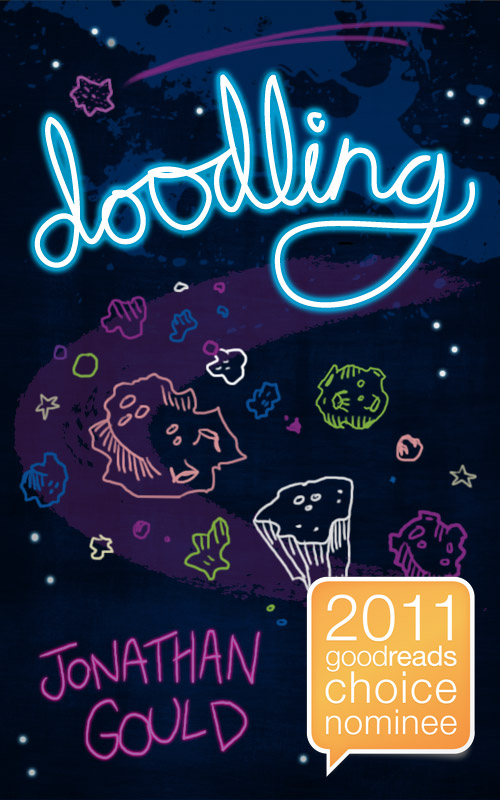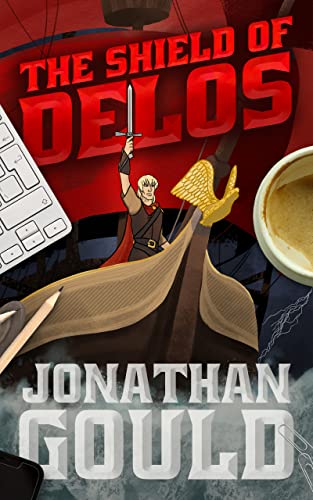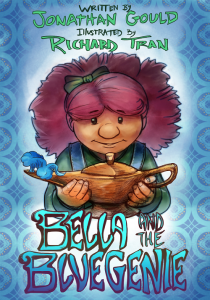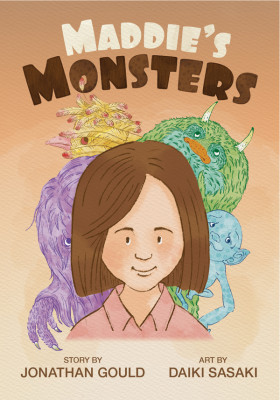I’ve seen the arguments against them from writers like Terry Pratchett. How they say that we don’t split our lives into chapters, so it really doesn’t make sense to split our stories (which are meant to be reflections of our lives) into chapters.
That’s all very well. Maybe he’s right. Maybe not. It’s not really something I think about, because there’s one very good reason why I choose to construct my stories in clearly delineated chapters.
Let me explain it this way. I’m a busy person. I don’t get a lot of time to write. Any writing that I do manage to complete is in whatever time I manage to scrounge here and there.
In order to make the most of this time, it’s really important that I can give myself some incentive, especially if I’m working on something major (and really, anything over around 15,000 words is major for me). Seeing that mountain in front of me can be pretty frightening. But breaking that mountain down into a series of individual climbs makes it all so much more manageable.
That’s why chapters are so useful. They give me a sense of achievement, a sense that I’m actually achieving milestones and getting things done. If I didn’t give myself these frequent, short-term goals, I’m not sure I would ever have the focus to get a novel written.
Of course, once I find myself working with chapters, I try to have a bit of fun with them. One of the creative triggers that helped me with my fantasy novel Magnus Opum (which has just been re-released by Booktrope Publishing – sorry, I just had to get a plug in there) was deciding that the title of each chapter would be based on some sort of nonsensical made-up word. Might not sound like much, but it helped to put my mind into the right place creatively to move the story forward.
Similarly, in my Neville Lansdowne stories (Doodling, Scribbling, Scrawling) each chapter title is some sort of little saying or quote (e.g. “A toast to you”, “Taking aim”) which captures something about what the chapter is about.
And, of course, chapters help to give shape to the story, and provide points where you can build up the tension to keep readers wanting to read on.
So, until the next chapter in my own adventures, hope you have a great week.





